Year: 2019
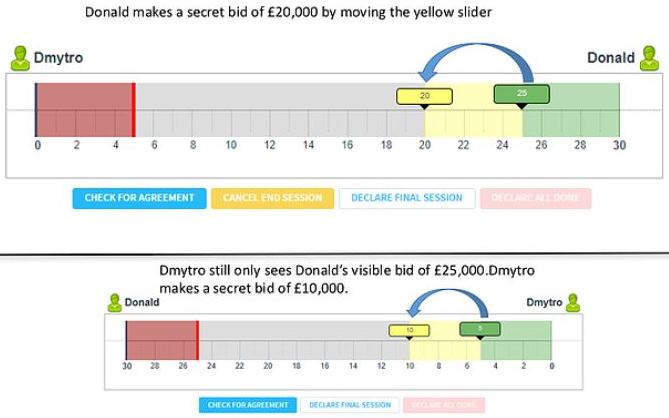
Smart settlement: an opportunity for mediators
For many mediators, “online dispute resolution” is simply using online technology such as Skype or Zoom as the medium for real time discussion or exchanging emails for asynchronous discussion. Whilst these are helpful in bridging the geographical gap, the more exciting developments are around the development of artificial intelligence to actively assist the parties to […]
Read More
The business case for remote working
The decision to change the Azrights business model and just retain a meeting room wasn’t one I took lightly. With distant memories of Yahoo’s Marissa Mayer putting an end to remote working at the company back in 2013 I was unsure what the latest thinking on remote working was when I took the plunge in 2017 to […]
Read More
Understanding algorithms
On Urban Dictionary “algorithm” is defined as “a word used by programmers when they don’t want to explain what they did.” As the pace of practical AI adoption increases, there is increasing truth in the joke. Someone who wants to understand this new technology, how it works and how it might be controlled or improved […]
Read More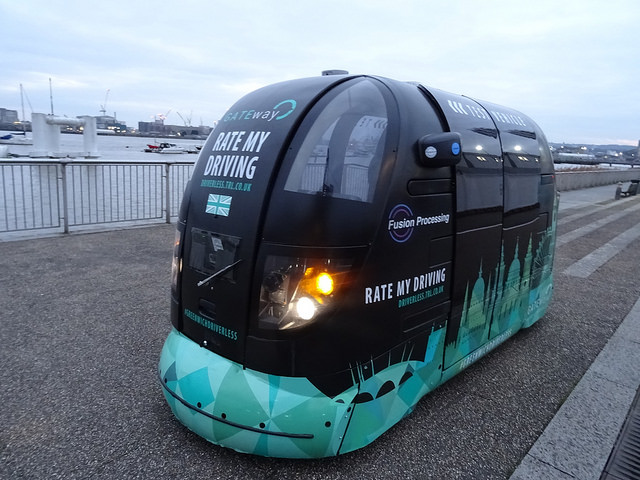
Driverless cars: moving forward
Regulatory progress A new Code of Practice for Automated Vehicle Trialling reaffirms the Government’s desire for new transport technology to be invented, designed and used in the UK. This follows from the introduction of the Automated and Electric Vehicles Act 2018 which extended mandatory motor insurance to cover the use of automated vehicles so that […]
Read More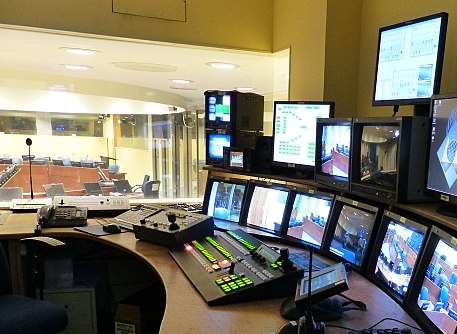
Courtroom technologies
A recent major IT failure on the Ministry of Justice network, which reportedly led to the disruption of thousands of cases, highlighted how reliant courts already are upon technology. Commenting in the wake of the fallout, Richard Atkins QC, the chair of the Bar Council, noted that “it illustrates how vulnerable the delivery of justice […]
Read More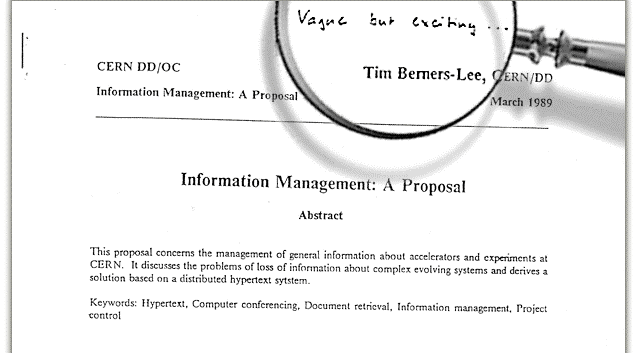
The Web at 30
12 March 2019 marked the 30th anniversary of Tim Berners-Lee’s proposal envisioning a unifying structure for linking information across different computers using hypertext, which by 1991 had been developed and became known as the World Wide Web. The day was marked by three celebratory events around the world, all attended by Tim: at CERN in […]
Read More
Regulating the interwebs
The House of Lords, in its 9 March report Regulating in a digital world concludes that “the digital world does not merely require more regulation but a different approach to regulation.” It proposes “an agreed set of 10 principles that shape and frame all regulation of the internet, and a new Digital Authority to oversee […]
Read More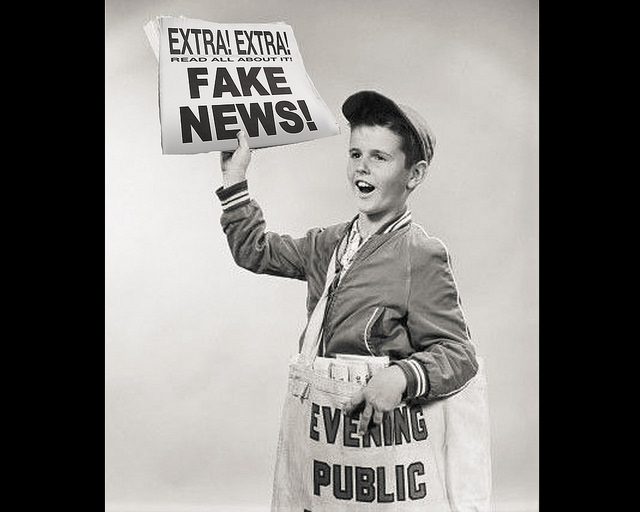
Why privacy is the key to Facebook’s fake news problem
Mark Zuckerberg and Facebook seem to be in the news all the time at the moment, from Facebook’s involvement in the Cambridge Analytica saga to Mark Zuckerberg’s failure to appear before the “international grand committee of elected officials” in the Houses of Parliament in late November last year. The issues that Facebook face seem, on […]
Read More
The enigmatic Twitter
Twitter is the social media platform of choice for journalists, free speech campaigners, Russian trolls and American presidents. On the social media spectrum of formality, it sits somewhere in between professional networking colossus LinkedIn and lolcat empire Facebook. Twitter is essentially a “social” messaging service which enables you to maintain a minimalist profile, broadcast short […]
Read More
An SEO health check
Here are 10 quick checks you can undertake on aspects of your website that may be affecting your website’s presence in search engine results. All the tools that I suggest in this guide are free, easy to use, easy to understand and, most importantly, actionable. The areas this SEO health check covers and the tools […]
Read More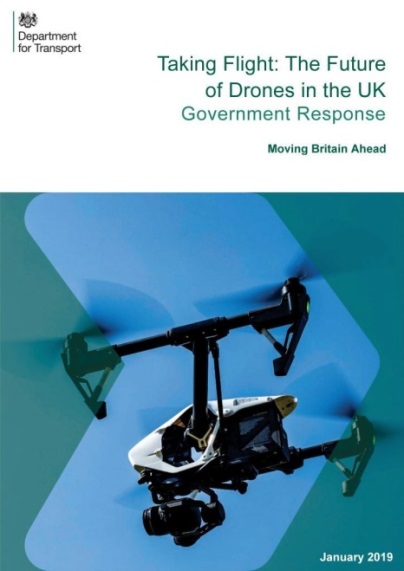
Drones: some legal sightlines
In May 2018, the Government announced revised laws on drone regulation. This was met with concern by many who said it didn’t go far enough. The British Airline Pilots’ Association felt it wouldn’t make drone use near airports safe, giving the example that the new law provided drones could be flown up to 400 ft […]
Read More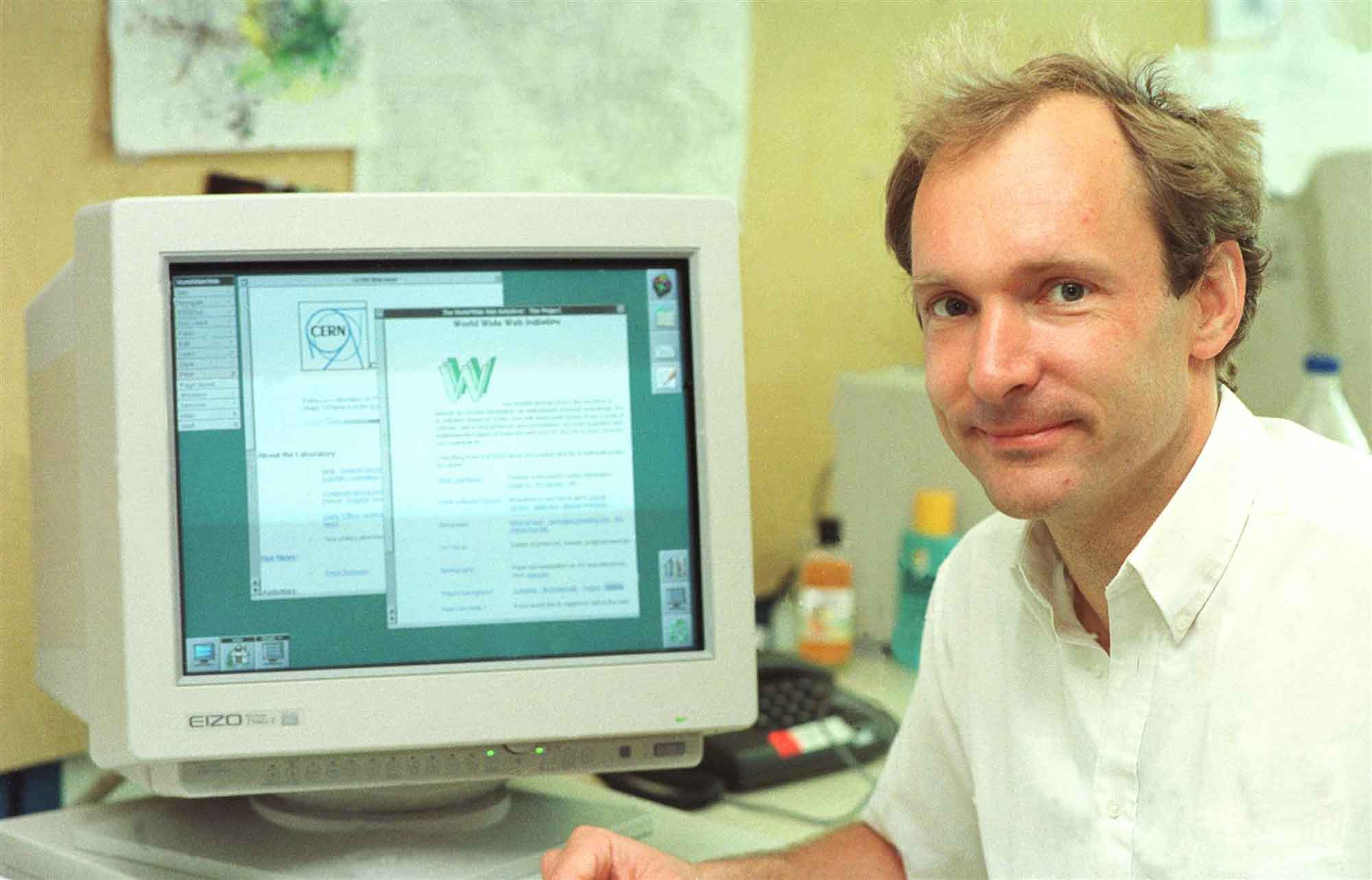
The open web (we wish)
The inventor of the web, Tim Berners-Lee, and others advocated that the underlying code for the web should be made open – publicly available on a royalty-free basis, forever. His employer, CERN, concurred and announced this in April 1993, thus sparking a global wave of creativity, collaboration and innovation on a scale not seen before. […]
Read More